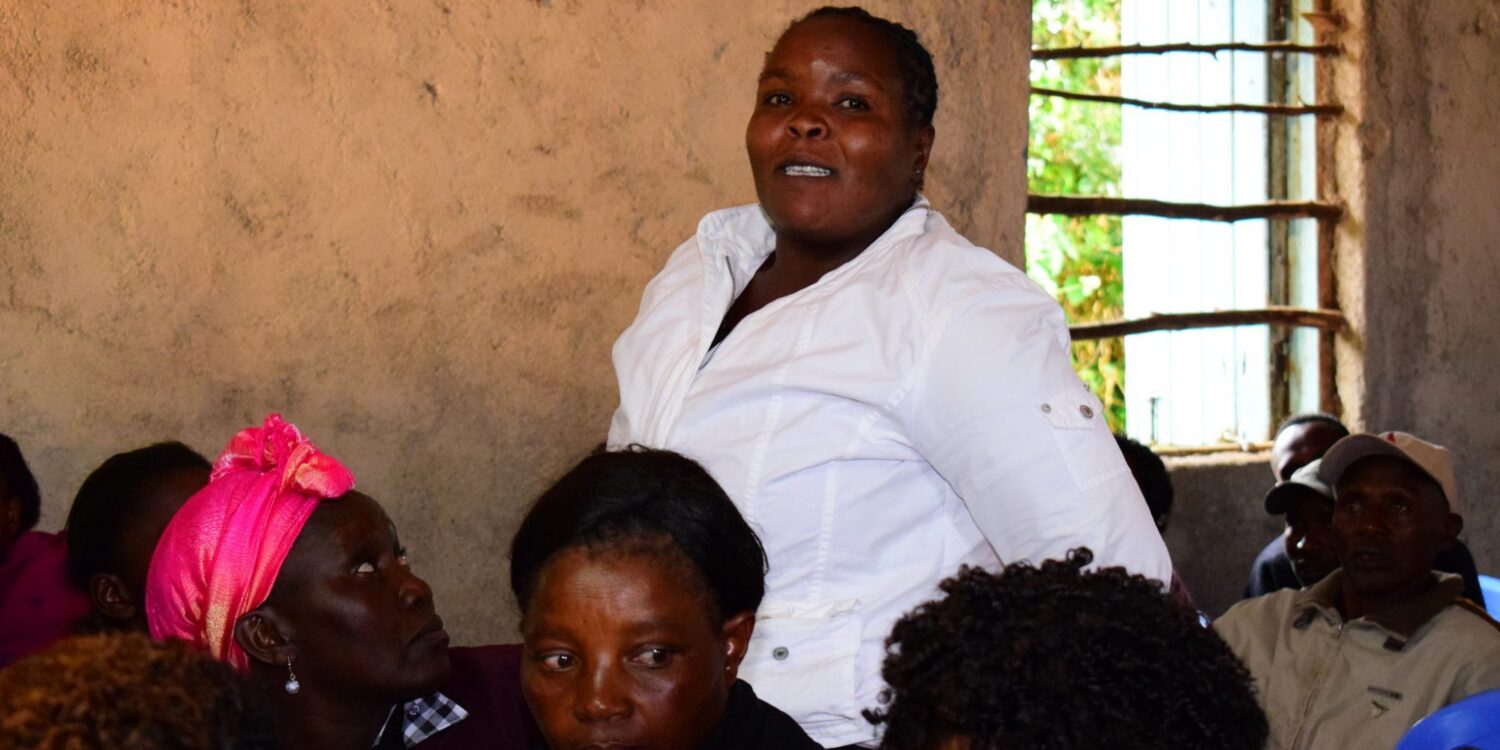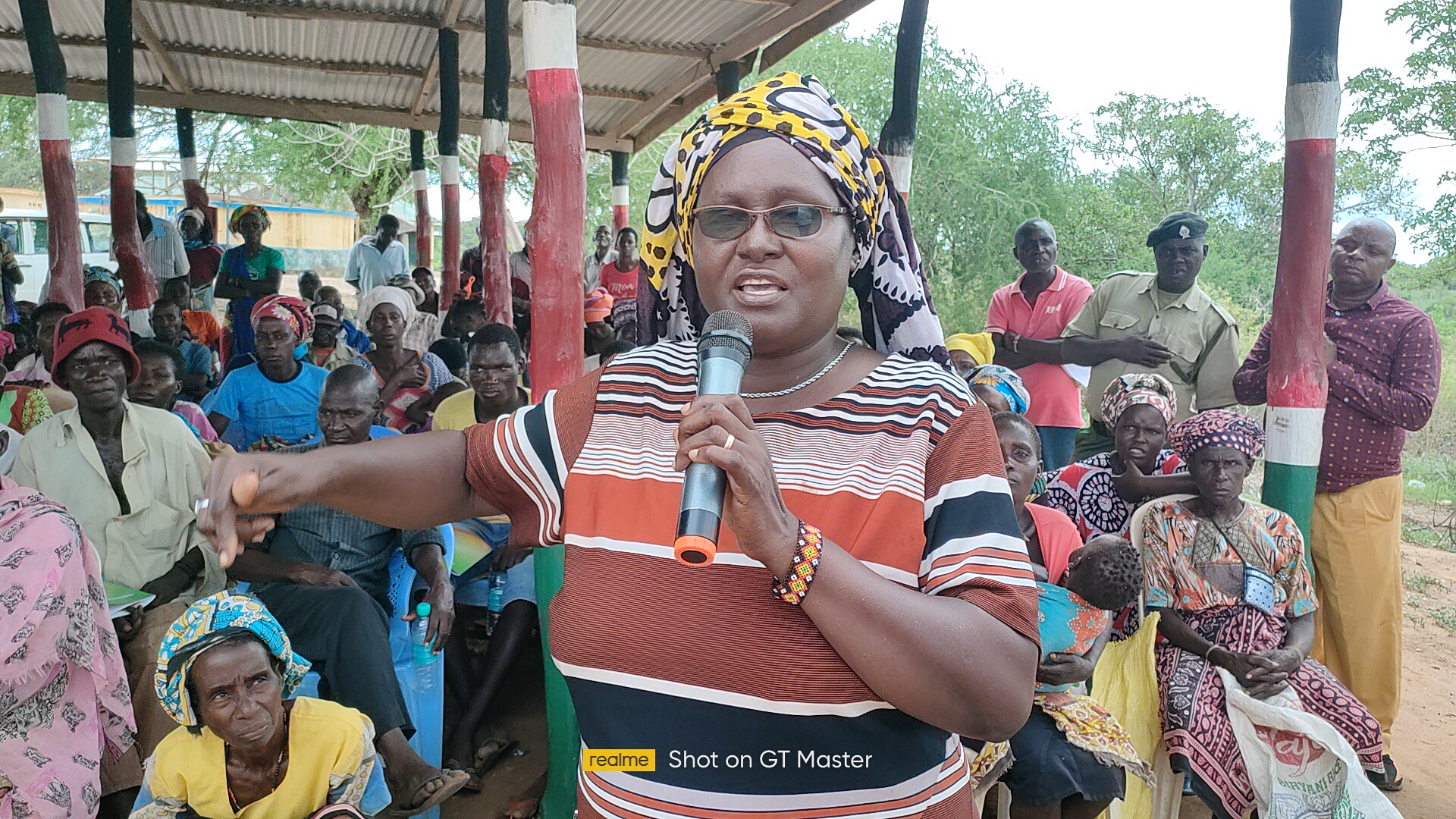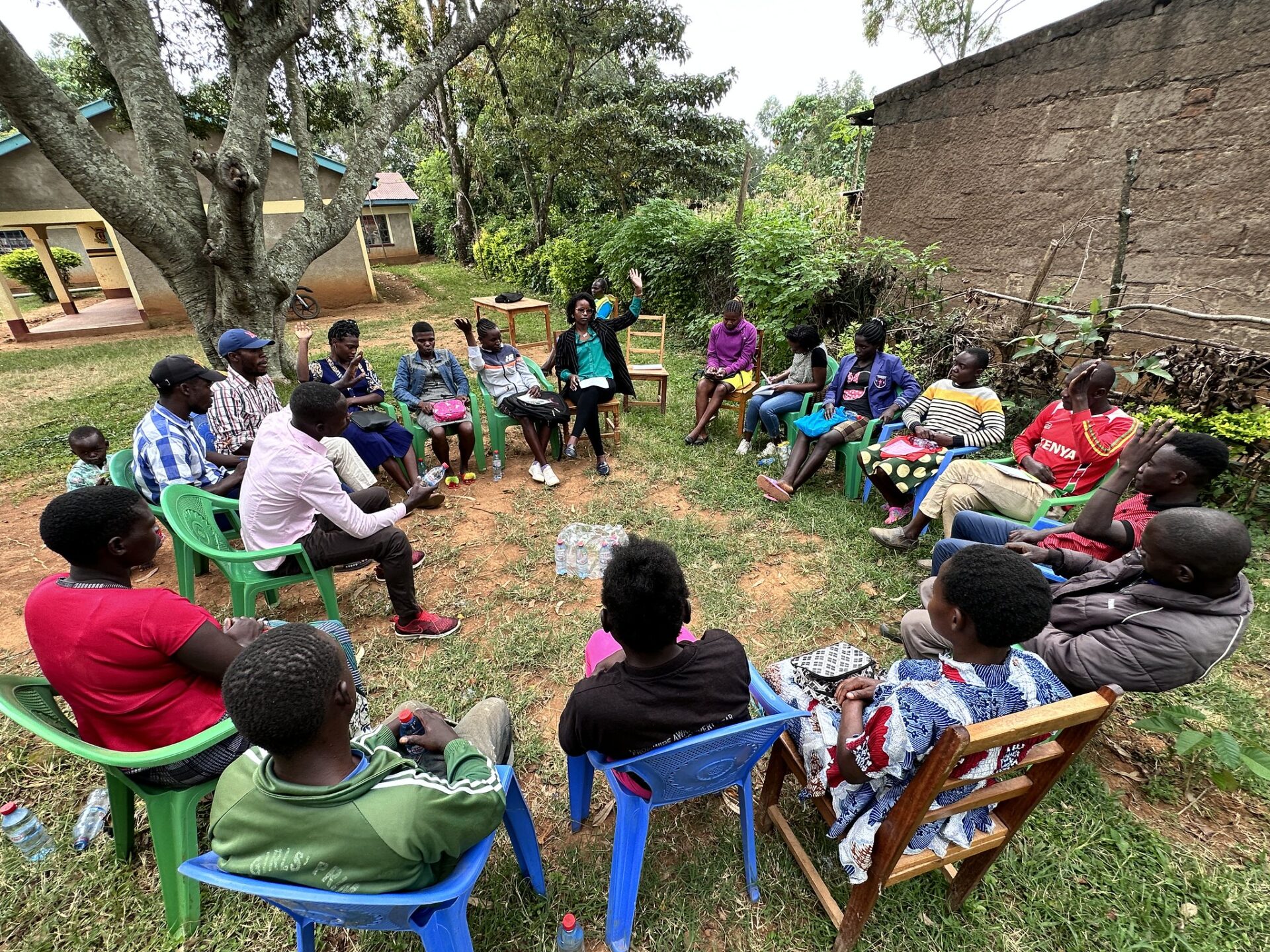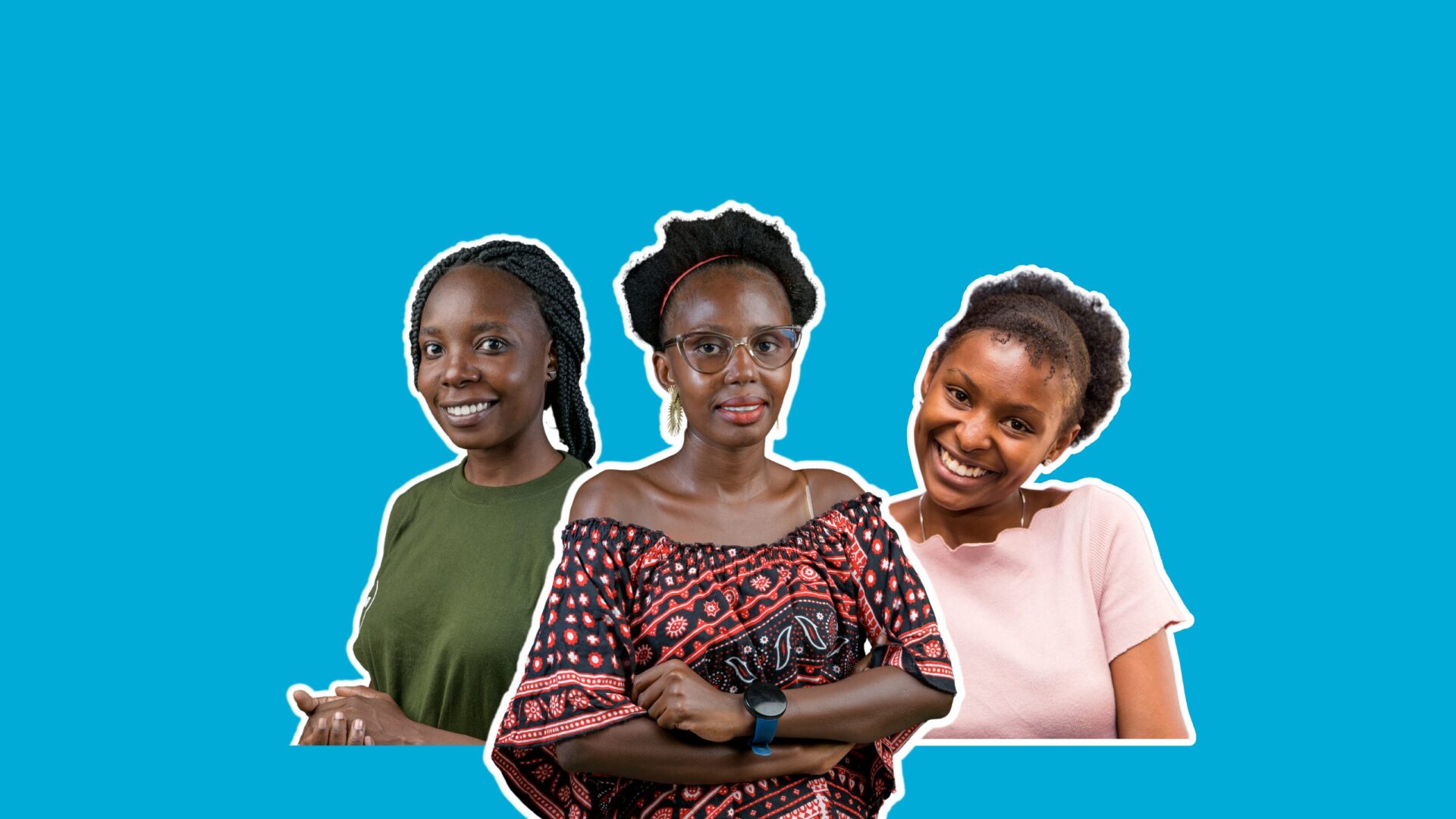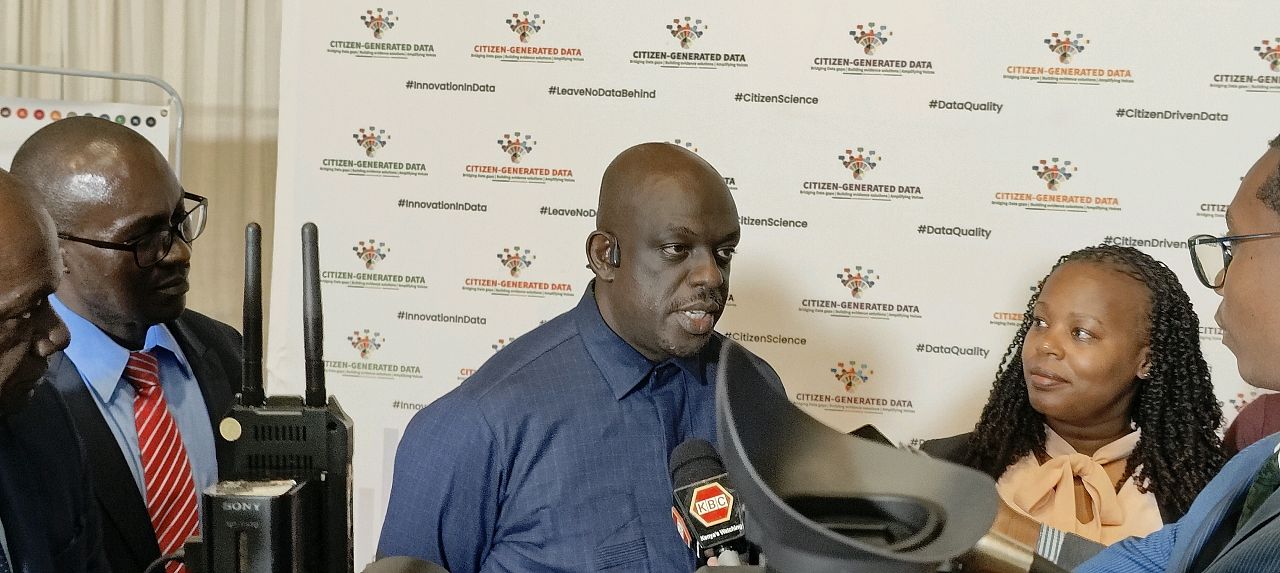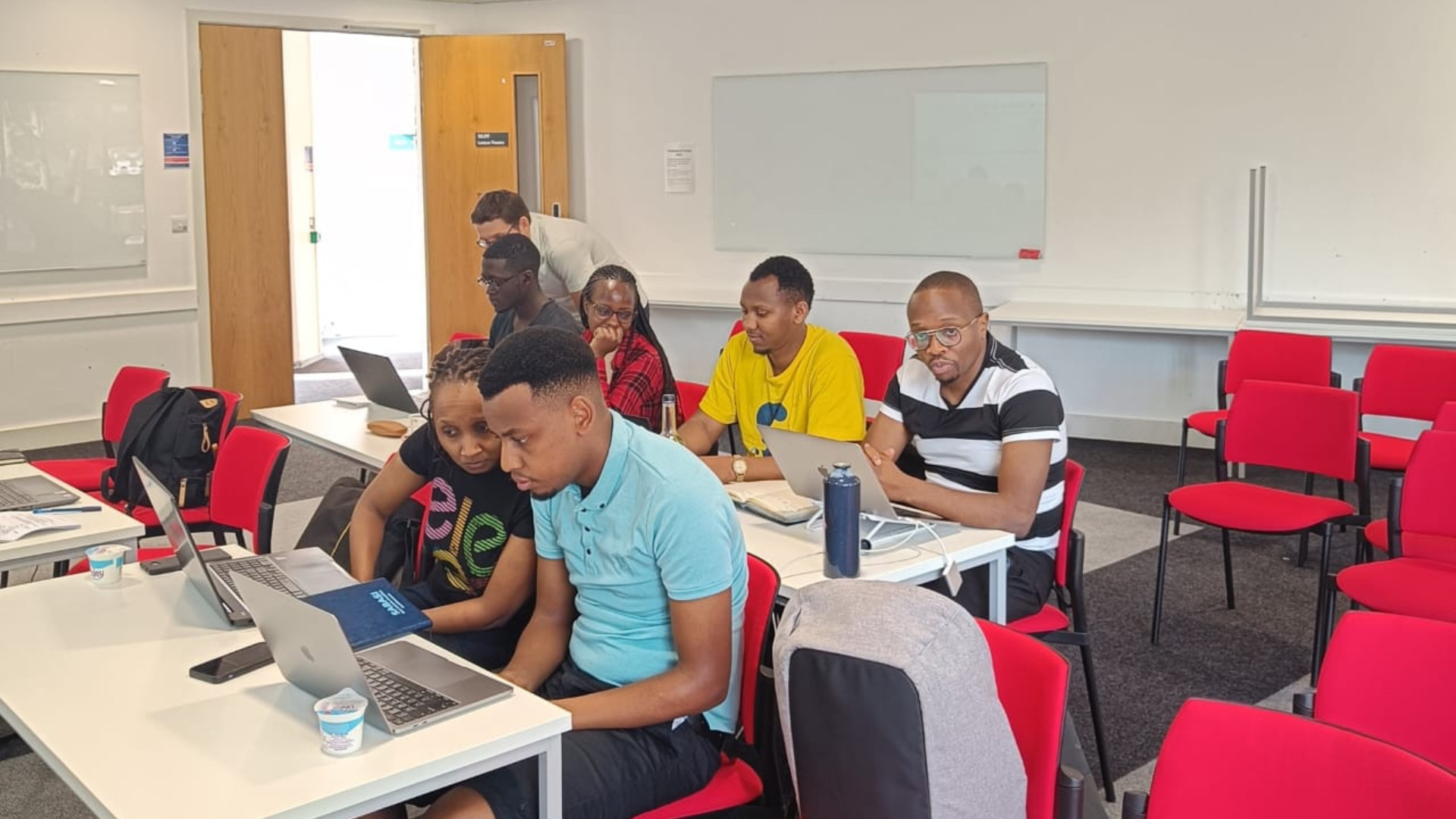One of the locations that The Open Institute had targeted to study and gather evidence on agriculture and farming community was Bahati location. Bahati location is located in Nakuru North Sub County and is largely populated by a farming community. The farmers had been called in for a seminar by their local Chiefs who are the administrators.
The Africa Lead program, which is the primary Feed the Future’s (U.S. Government’s global hunger and food security initiative) capacity building program in sub Saharan Africa, is working with the Open Institute to identify the challenges and opportunities that farmers in Bahati location have. The farmers in the community gathered and settled in one of the churches in readiness for the sessions of the day. The Open Institute team lead, Benjamin Charagu took the participants through aspects of data and why it is important to use data in decision making.
The Comprehensive Africa Agricultural Development Programme (CAADP) which is Africa’s policy framework for agricultural transformation, wealth creation, food security and nutrition, economic growth and prosperity for all, was also explained to the participants. Sustainable Development Goals (SDGs) were also highlighted with more focus made to the No Poverty (SDG 1), Zero Hunger (SDG 2), Clean Water and Sanitation (SDG 6), Decent Work and Economic Growth (SDG 8) and Responsible Consumption (SDG 12).
Open Institute’s position on SDGs is that they are better achieved at the community level. If community members are able to know themselves better using data, articulate their issues, prioritize them, then they are able to make better decisions, participate and engage in public gatherings. The farming community understood the importance of the data as they set to discuss and highlight the major challenges they are facing. Wanjiku, one of the participants, mentioned that water was a major challenge, as the sources were not dependable. The irregular rainfall patterns made it hard to predict and plan when to start sowing. This affects the economy of the household and the community at large.
The farmers need new ways to maximize production of their land and hope to have better data that would help them predict weather changes and have access to soil analysis data that would direct them to plant alternative crop.
Agriculture has for a long time been said to be the backbone of the economy in the country. These communities, as like the whole region, if helped and directed to utilize technology and have transformative knowledge, can truly make agriculture what it’s meant to be.

